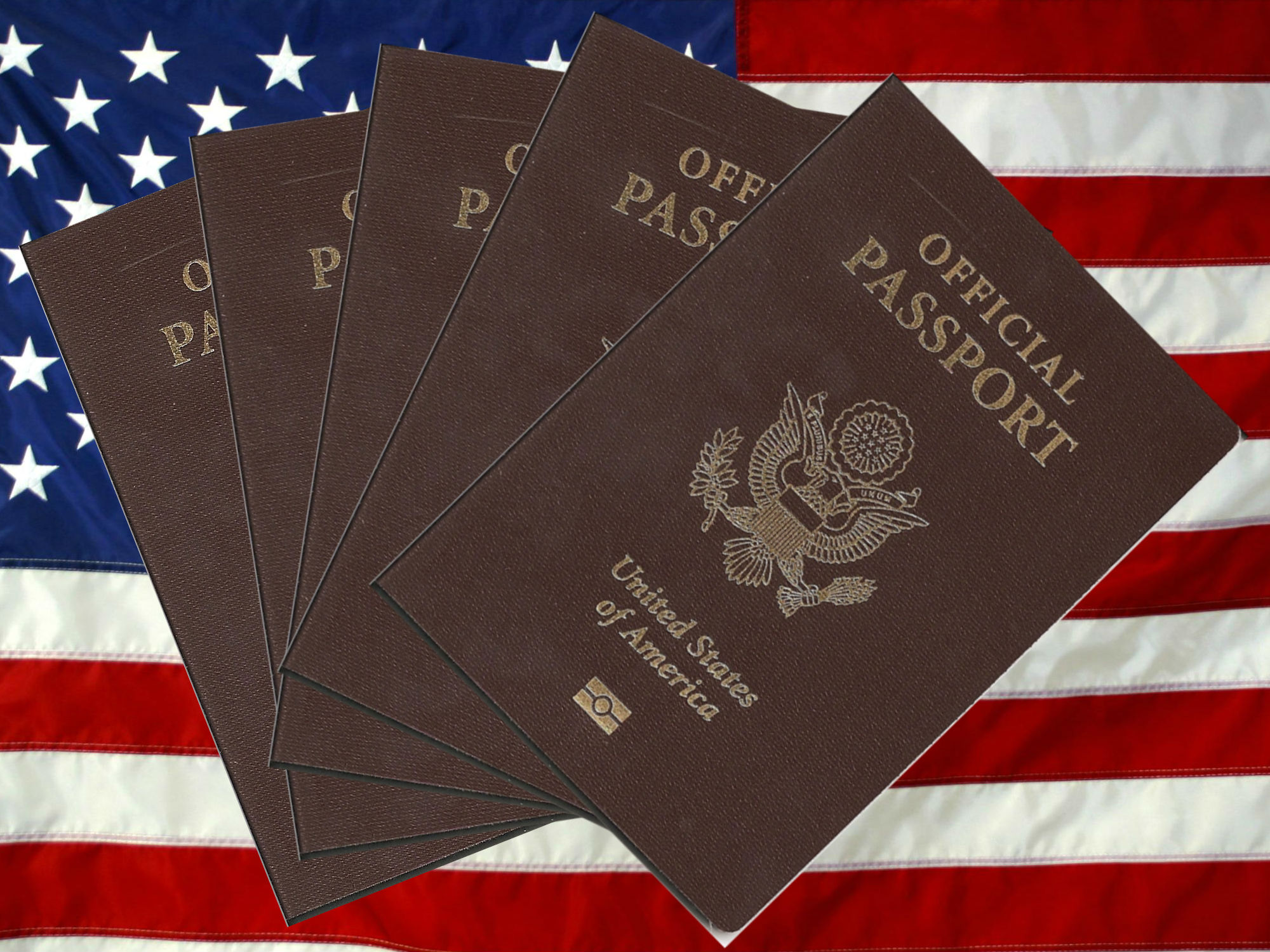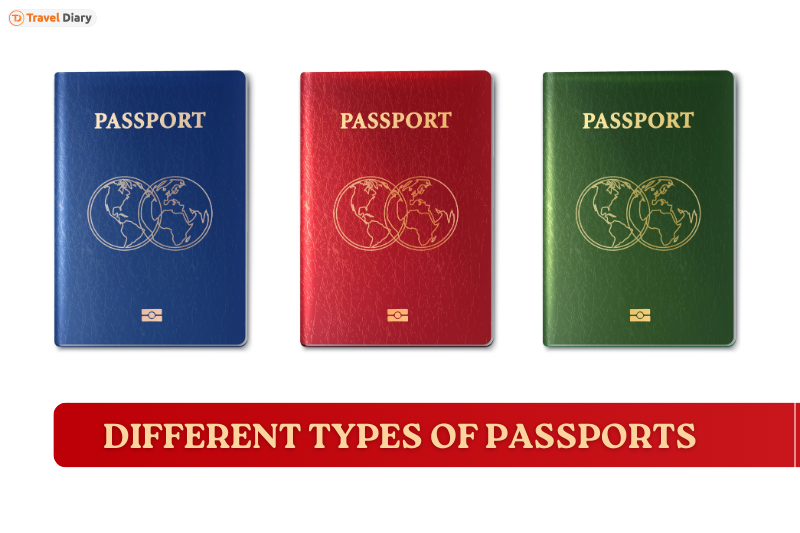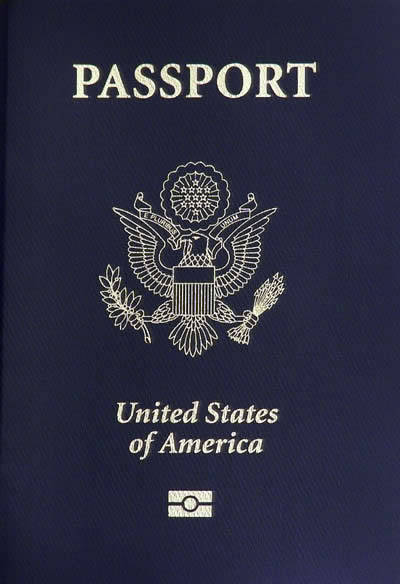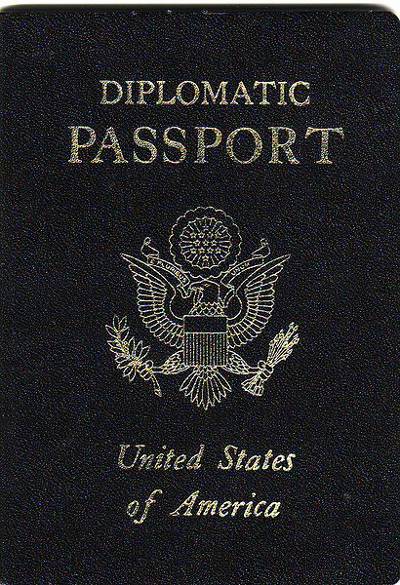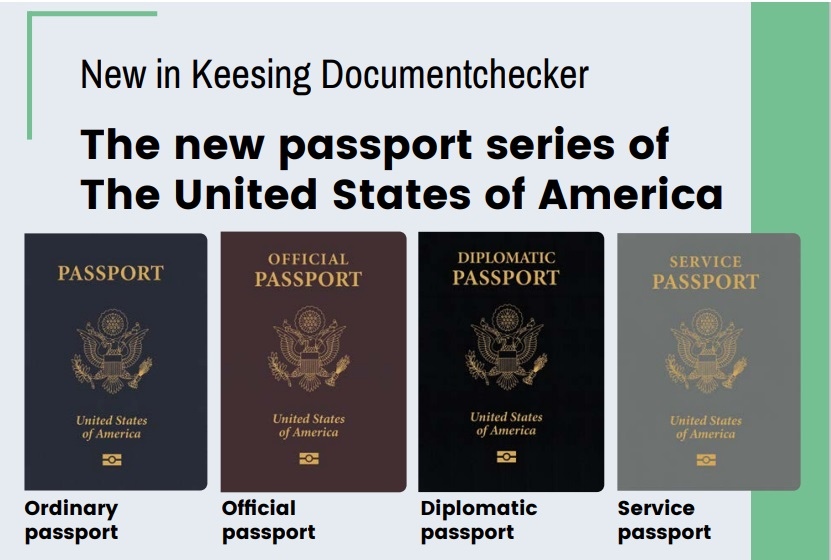In the world of travel, passports play a crucial role in allowing individuals to explore different countries and cultures. There are two main types of passports that people may possess: ordinary passports and official passports. While both serve the purpose of facilitating international travel, there are key differences between the two that set them apart.
An ordinary passport, also known as a tourist passport, is the most common type of passport issued to citizens for international travel. This type of passport is typically blue in color and contains personal information such as the holder’s name, date of birth, nationality, and a photograph. It also includes visa pages for entry and exit stamps from different countries visited by the passport holder.
On the other hand, an official passport is issued to government officials, diplomats, and individuals representing their country on official business. Official passports are usually red or black in color and often have the words “Official Passport” or “Diplomatic Passport” printed on the cover. These passports grant holders certain privileges and immunities while traveling on official business, such as exemption from visa requirements in certain countries and access to diplomatic channels for assistance.
One of the main differences between ordinary passports and official passports is the purpose for which they are issued. Ordinary passports are meant for general travel purposes, such as tourism, visiting family and friends, or conducting business activities. These passports are typically valid for a certain period, usually five to ten years, and are renewable upon expiration.
Official passports, on the other hand, are issued to individuals who are traveling on official government business. This can include diplomats, government officials, and employees of international organizations. Official passports are issued for specific trips and may be valid for a shorter duration than ordinary passports. They are meant to facilitate diplomatic and official travel and provide holders with certain privileges and immunities while abroad.
Another key difference between ordinary passports and official passports is the level of security and scrutiny they undergo during the application process. Ordinary passports are issued to citizens who meet the necessary requirements, such as providing proof of identity, nationality, and citizenship. The application process for an ordinary passport typically involves submitting a passport application form, proof of identity, photographs, and payment of applicable fees.
Official passports, on the other hand, are issued only to individuals who are authorized by their government to travel on official business. The application process for an official passport may involve additional requirements, such as a letter of sponsorship from the government agency or organization, proof of assignment or mission, and diplomatic credentials. Official passports are issued by the government’s ministry of foreign affairs or other relevant authorities and are subject to strict security checks to ensure that only authorized individuals receive them.
In terms of privileges and benefits, official passport holders may be granted certain diplomatic immunities and privileges while traveling on official business. These can include exemption from visa requirements in certain countries, access to diplomatic channels for assistance in case of emergencies, and priority processing at border crossings and immigration checkpoints. Official passport holders may also have access to diplomatic pouches for secure communications and transportation of official documents.
Despite these differences, both ordinary passports and official passports serve the common purpose of facilitating international travel and promoting diplomatic relations between countries. While ordinary passports are meant for general travel purposes, official passports are issued to individuals representing their country on official business. By understanding the distinctions between the two types of passports, travelers can ensure they have the appropriate documentation for their specific travel needs.